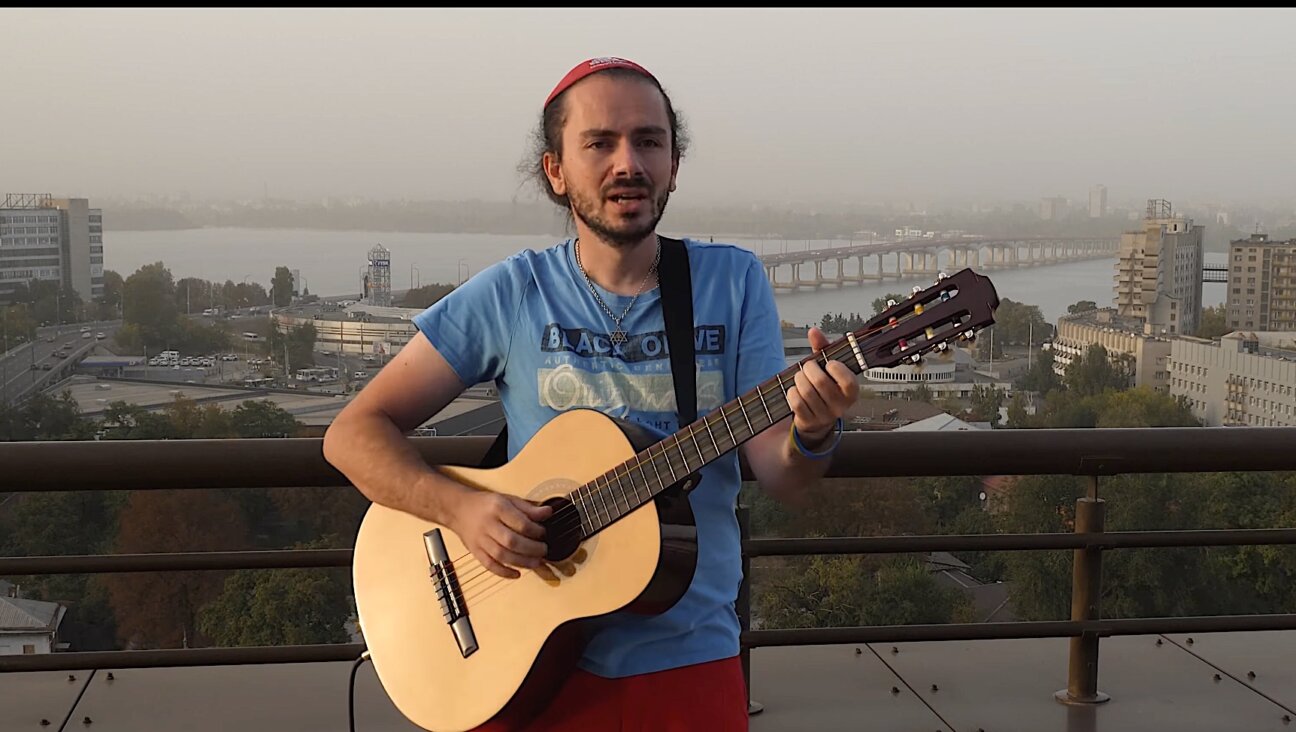Netanyahu: Shalit’s Return Is My Personal Responsibility
Prime Minister Benjamin Netanyahu said Monday that he will make the return of captive Israel Defense Forces soldier Gilad Shalit a personal responsibility.
Netanyahu also vowed to instruct all relevant policy and security authorities to “carry out every effort to return Gilad alive and well, as soon as possible.”
The prime minister made his statement during a meeting of the Likud faction in the Knesset. He directed his comments at Shalit’s father Noam, who was in attendance at the meeting. Netanyahu added that he will make Shalit’s return one of the central themes of his upcoming meetings with European leaders in Italy and France.
‘Israel, Hamas make significant progress on Shalit talks’
Palestinian sources say there is reason to believe that significant progress has been made in talks on a prisoner swap between Hamas and Israel, the pan-Arab daily Asharq al-Awsat.
Sources told the paper that both sides have presented serious proposals and that Hamas has shown newfound flexibility on the issue of relocating West Bank Hamas members to Gaza.
As part of a prisoner exchange for Shalit, Israel is demanding that Hamas agree to absorb prisoners into Gaza rather than allowing them to return to their homes in the West Bank.
The negotiations, which are being mediated by Egypt, have been stalled since Netanyahu took over the reins of power from his predecessor, Ehud Olmert.
Egypt’s intelligence chief Omar Suleiman on Monday told Yossi Beilin, the former justice minister and architect of the non-government Geneva peace initiative, that he has yet to meet with Israel’s newly named point man to the Shalit prisoner talks, Hagai Hadas.
Suleiman told Beilin that it is incumbent upon both Israel and Hamas to alter their approach to the talks if they wish to strike a deal. The Egyptian official said that Cairo is expending great efforts in cajoling Fatah and Hamas to form a joint committee that will tackle key issues on the Palestinian political agenda. The committee would be subject to the authority of Palestinian President Mahmoud Abbas.
Suleiman said that if the Palestinian factions fail to reach agreement on forming the panel by July 7, he will end his mediation of inter-factional talks.
Beilin also met with Egyptian Foreign Minister Ahmed Aboul-Gheit. The diplomat told Beilin that he anticipates that U.S. President Barack Obama will present concrete peace proposals aimed at bridging the gaps between Israel and the Palestinians.
Beilin’s trip comes one day after Defense Minister Ehud Barak met with senior officials on the latest developments in the Shalit talks.
Barak said a new negotiating team is examining ways to move forward in the Shalit case.
“The new team, headed by Hagai Hadas, is taking shape. I assume it will be in a position to begin work in the near future and hope that it will do so discreetly in order to maximize the chances for results,” Barak said.
According to information recently received in Israel, Egypt would like to see negotiations for the release of Shalit resume from the point at which they left off during the final days of the Olmert government.
However, the Egyptians have also asked Israel to abandon its plan to exile some of the Palestinian prisoners that will be released in exchange for Shalit’s freedom.
Barak met in Cairo with Egyptian President Hosni Mubarak and senior figures in his government, including Foreign Minister Ahmed Aboul Gheit and Intelligence chief General Omar Suleiman. Barak also met with his counterpart, Field Marshal Mohammed Hussein Tantawi.
Security sources say that Hadas has already held initial talks with Egyptian mediators, but it is not known whether he traveled to Cairo for that purpose.
Talks for a deal on Shalit collapsed after Olmert left office. Israel had agreed to release more than 300 Palestinian prisoners who had been jailed for involvement in the killing of Israelis, out of a total of 450 that Hamas demanded to be freed.
A message from our CEO & publisher Rachel Fishman Feddersen

I hope you appreciated this article. Before you go, I’d like to ask you to please support the Forward’s award-winning, nonprofit journalism during this critical time.
At a time when other newsrooms are closing or cutting back, the Forward has removed its paywall and invested additional resources to report on the ground from Israel and around the U.S. on the impact of the war, rising antisemitism and polarized discourse.
Readers like you make it all possible. Support our work by becoming a Forward Member and connect with our journalism and your community.
— Rachel Fishman Feddersen, Publisher and CEO























